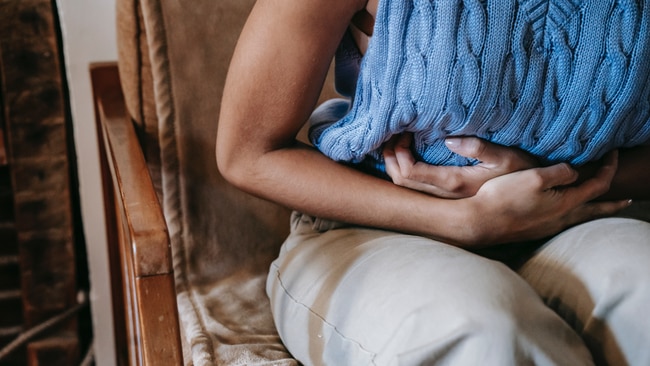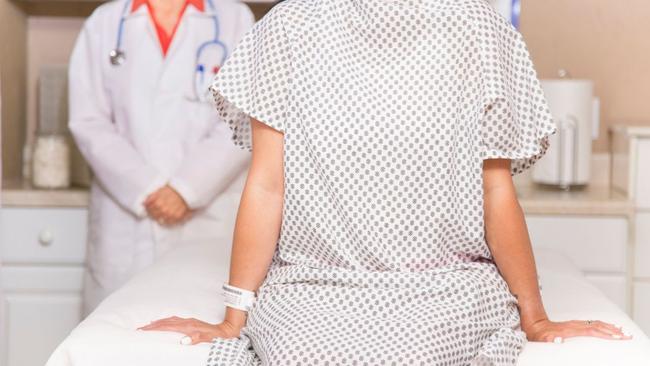Bowel cancer rates are soaring, but diagnosis times continue to lag
Know the symptoms

Cancer
Don't miss out on the headlines from Cancer. Followed categories will be added to My News.
Despite a 266 per cent increase in bowel cancer cases in young Australians, a diagnosis can take anywhere from three months to five years, according to new research.
Young Australians are being urged to have more frank and fearless conversations about their bathroom habits after new research has revealed the rate of bowel cancer is dramatically on the rise.
Often misrepresented as a disease that only affects older people, there has been a 266 per cent increase in cases of bowel cancer among people aged 15 to 24 in recent decades, and one in 10 people diagnosed now aged under 50.
Increased rates of bowel cancer have been on the rise globally since the 1980s, and while there is no single known cause, the National Bowel Cancer Screening Program says factors like excessive alcohol intake, poor diet, smoking, not exercising enough and having a family history of bowel cancer can all increase risk.
Like what you see? Sign up to our bodyandsoul.com.au newsletter for more stories like this.
Symptoms can include fatigue, weight loss, cramping and bloating, blood in the stool or rectal bleeding, as well as changes in the frequency of toilet breaks and changes to your stool.
But for young people worried and seeking answers, getting help from doctors can prove difficult, costly, and timely.
“Because they are young, they are often overlooked for bowel cancer,” Dr Klay Lamprell, a researcher from Macquarie University, said in exploring the topic earlier this year, discovering, “Younger people may spend three months to five years seeing multiple doctors before diagnosis - they may make 10 or more visits to GPs.”
She added, “Even when younger people experience blood in their poo or rectal bleeding, GPs may not immediately refer them to specialists for further testing.”
In Australia, 50.7 per cent of bowel cancer cases are experienced by women, while 49.3 are male.
For Jake Usher, the diagnosis came when he was just 31 years old. Speaking with ABC about his push for greater awareness, Usher said he went to see his GP after seeing blood in his stool and reading a Reddit post about what it might mean.

Luckily, the doctor recommended a colonoscopy, something Usher said he “Immediately thought was a bit of overkill,” but it was a decision that ultimately saved his life, revealing the cancer had spread from his bowel to his liver.
The difficulty in diagnosis, says one expert, is the commonality of symptoms that can often indicate other health issues.
“Almost one in five people have rectal bleeding, and only a very small portion of those people would actually have bowel cancer,” Dr Joel Rhee from the Royal Australian College of General Practitioners said.
“The job is basically trying to pick up people with bowel cancer and other serious conditions from a large group of people who have these symptoms.”
When detected early, over 90 per cent of bowel cancer cases can be treated successfully.
Originally published as Bowel cancer rates are soaring, but diagnosis times continue to lag


